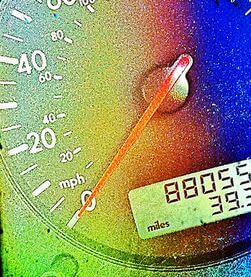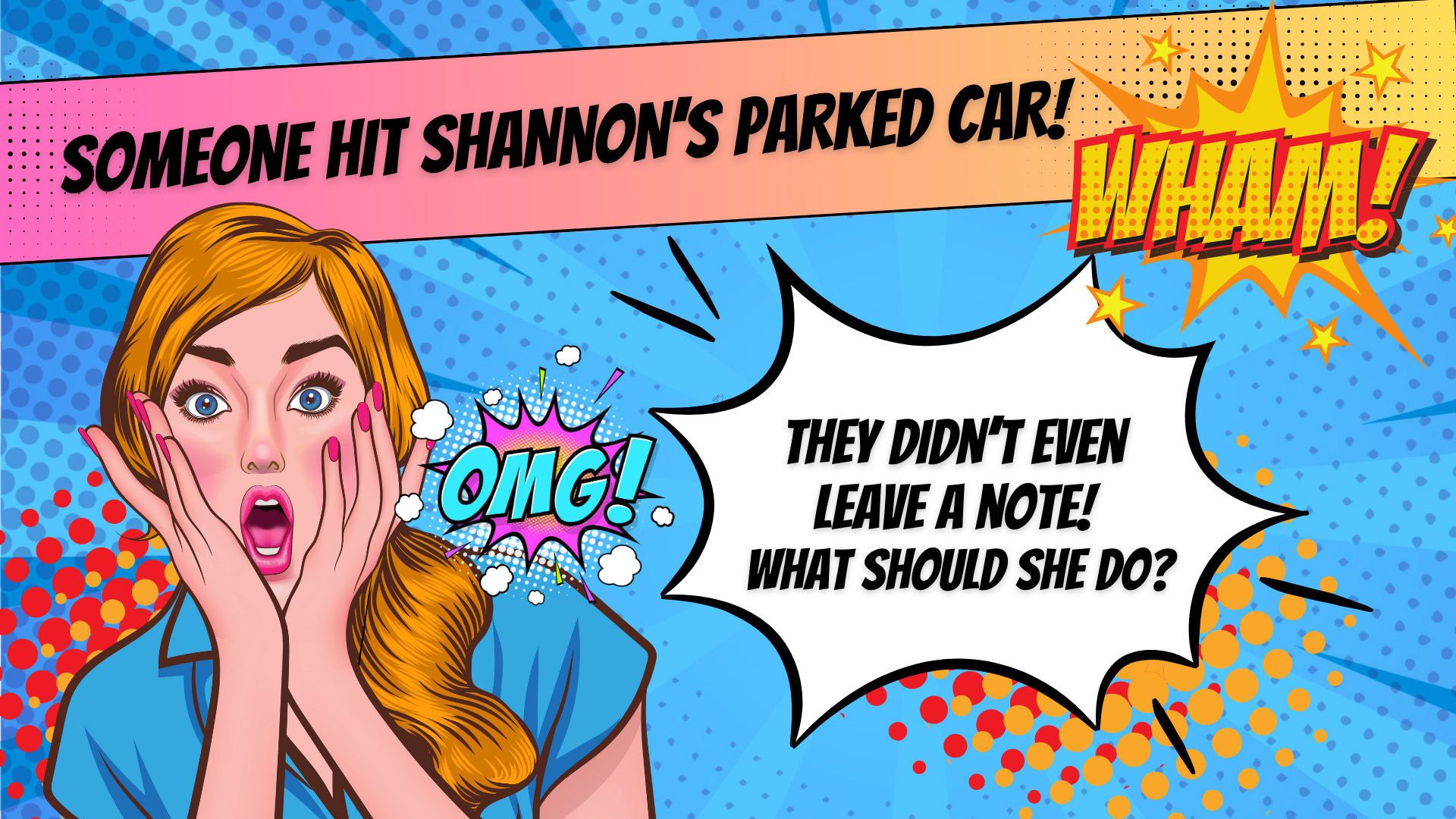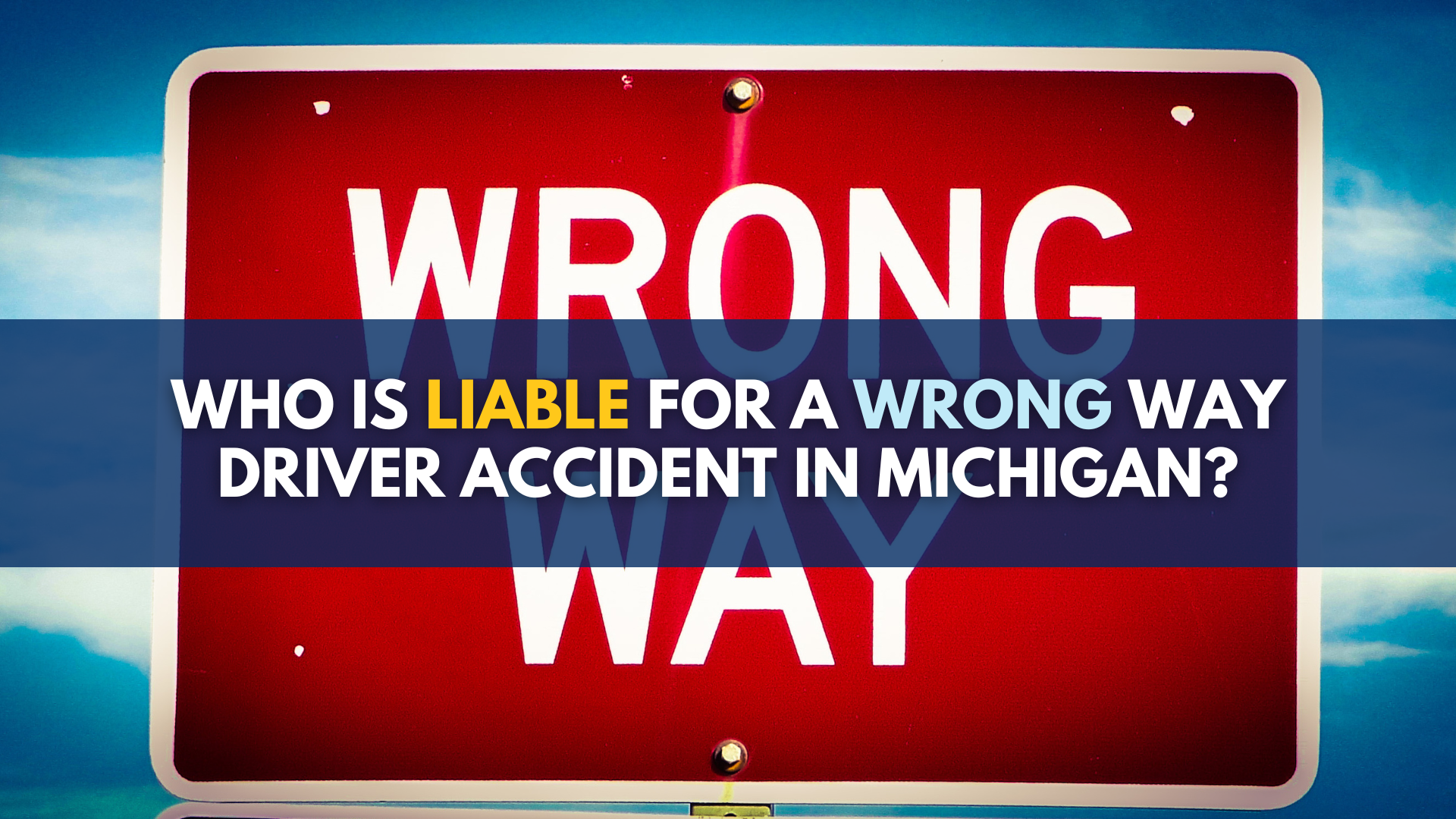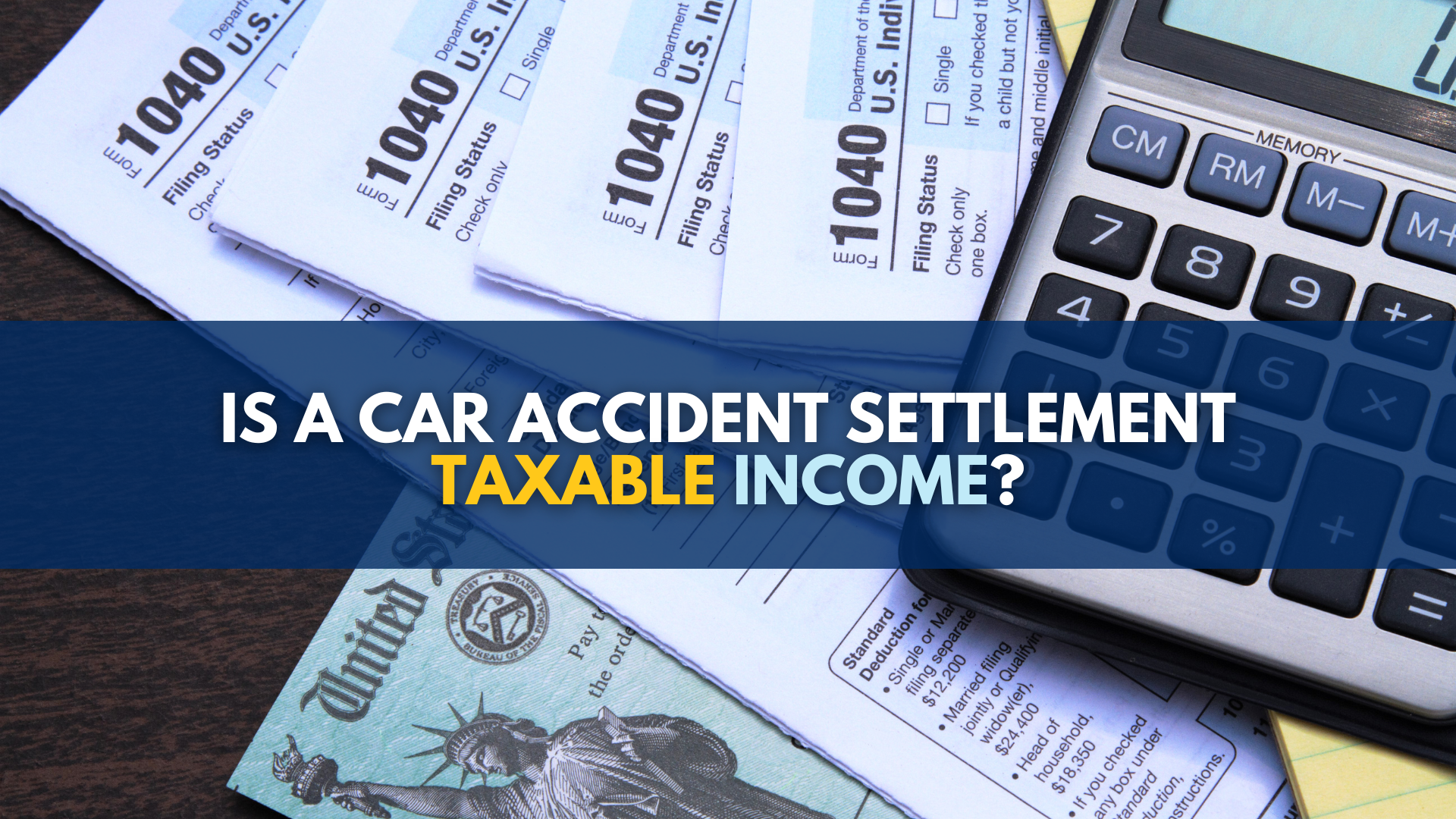MDOT study shows 29% increase in traffic crash fatalities if speed limit goes to 80 mph for cars and 70 mph for trucks, as HB 4423 proposes

Yesterday, I wrote about two recent MDOT-sponsored studies from 2014 and 2015 showing that increasing Michigan speed limits will cause a nearly 30% increase in motor vehicle accident traffic fatalities. I also asked why neither of the most vocal proponents for increasing speed limits in the Legislature have yet to publicly discuss the studies’ deadly warnings.
In particular, I questioned why Rep. Bradford Jacobsen (R-Oxford), lead sponsor of the pending speed-limit-increase legislation, House Bill 4423, and Sen. Rick Jones (R-Grand Ledge), an outspoken proponent of House Bill 4423 and speed limit increases, in general, have avoided any discussion about the Michigan Department of Transportation (MDOT)-sponsored studies which show:
- Increasing the speed limit on rural freeways from 70 mph to 80 mph and increasing the speed limit for trucks from 60 mph to 70 mph (as Rep. Jacobsen’s House Bill 4423 proposes to do) would result in a 29% increase in “fatal crashes.” (“Evaluating the Impacts of Speed Limit Policy Alternatives,” MDOT Research Administration Project Number: OR 13-009, July 21, 2014, Pages 108-109)
- Increasing the speed limits on non-freeways from 55 mph to 65 mph (as Rep. Jacobsen’s House Bill 4423 and Rep. Rick Outman (R-Six Lakes)’s House Bill 4425 propose to do) would “result in fatal … crash rates increasing by 28.1 percent …” (“Evaluating Outcomes of Raising Speed Limits on High Speed Non-Freeways,” MDOT Research Administration Project Number: RC-1609B, April 2, 2015, Pages 86-87)
Today, I will discuss the deadly consequences of raising the speed limit for cars from 70 mph to 80 mph on rural freeways and raising the speed limit for trucks from 60 mph to 70 mph.
29% increase in traffic crash fatalities
Specifically, the 2014 MDOT-sponsored study, “Evaluating the Impacts of Speed Limit Policy Alternatives,” found that increasing Michigan’s speed limit for cars from 70 mph to 80 mph on rural freeways – and increasing the speed limit for trucks from 60 mph to 70 mph – would result in a:
29% increase in traffic crash fatalities.
Significantly, even if the speed limit for cars were increased only to 75 mph (along with the truck speed limit being increased to 70 mph), motor vehicle accident-related fatalities would still increase 17%, the study concluded.
Here’s the actual language from the MDOT-sponsored study:
“For scenarios involving an increase in the maximum freeway speed limit, increases in fatal crashes of 17.6 and 29.4 percent were estimated after raising the speed limit from 70 mph to 75 or 80 mph, respectively.” (Pages 108-109)
Although the 2014 study was prompted by legislation introduced in 2014 (Senate Bill 896, introduced on March 27, 2014), the study’s conclusions are relevant to the currently-pending speed limit increase proposals in Rep. Jacobsen’s House Bill 4423. That’s because the 2014 proposals in SB 896 (which created the need for the study) are identical to the proposals contained in HB 4423 – identical right down to the use of the same wording (verbatim) and the language appearing on the same page and line numbers.
To learn more about my opposition to increased speed limits, please check out my blog post, “Why am I against raising speed limits in Michigan?”
The life and death consequences of increasing speed limits
When I say “speed kills,” that is not an opinion.
It’s physics. It’s also supported by scientific research.
For instance, the 2014 MDOT-sponsored study,“Evaluating the Impacts of Speed Limit Policy Alternatives,” that I discuss above stated the following:
“The comprehensive review of the literature and state agency policy/practices showed that higher maximum speed limits tend to result in increases in traffic fatalities. This is particularly true for rural freeways … Fatal crash data from 1999 through 2011 … showed traffic fatalities to increase consistently with maximum speed limits in rural environments. Compared to interstates with 60 or 65 mph limits, fatalities increased by 31.0 percent in states with 70 mph maximum limits and by 54.0 percent in states with maximum limits of 75 mph or above.” (Page xii)
Additionally, written testimony about HB 4423 provided to the House Transportation and Infrastructure Committee by Michigan State University Professor Timothy Gates (who also happens to have been one of the researchers who prepared the 2014 MDOT-sponsored study) showed the following:
- When speed limits were allowed to increase to 65 mph starting in 1987, “[t]raffic fatalities increased by 29 percent” between 1987 and 1995.
- Total crash rates and injury crash rates increased 13.9% and 11.1%, respectively, after “Michigan urban [freeway] speed limit increases.”
Finally, a 1990 study by the University of Michigan Transportation Research Institute reached the following conclusions about the effects of increasing Michigan’s speed limit from 55 mph to 65 mph:
Effective December 1987 and January 1988, the maximum speed limit on rural limited access highways in Michigan was raised from 55 mph to 65 mph. This study … revealed significant increases in casualties on roads where the speed limit was raised, including a 19.2% increase in fatalities, a 39.8% increase in serious injuries, and a 25.4% increase in moderate injuries. Fatalities also increased on 55 mph limited access freeways, suggesting that the 65 mph limit may have spillover effects on segments of freeways where the limit was not changed.”
To learn more about how HB 4423 proposes to change Michigan’s speed limits for cars on rural freeways and for trucks, please check out the chart in my blog post, “Is proposed new 75 mph speed limit just a ‘rest stop’ on the way to 80?”
Tomorrow, I’ll discuss the deadly consequences of proposals for driving faster on Michigan non-freeways.


